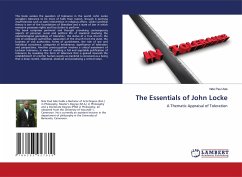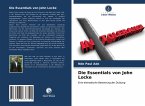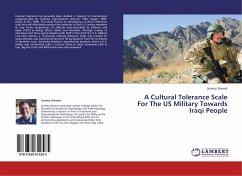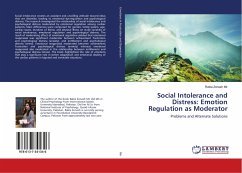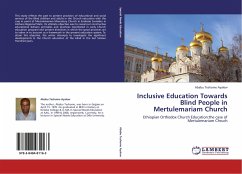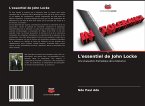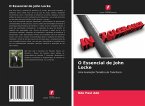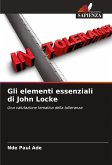This book evokes the question of tolerance in the world. John Locke considers tolerance to be more of faith than reason, though it portrays insufficiencies such as state intervention in religious affairs. Locke's political theory is one of the foundations of liberalism and a state of law in which everyone possesses rights and has duties to perform. This book comprises pertinent and thought provoking contemporary aspects of personal, social and political life of mankind involving the epistemological genealogy of toleration, the status of a true church, the role of ecclesiastic authorities, separation of the church from the state, the business of civil authorities, forms of punishment, the role of law and individual conscience, categories of intolerance, significance of toleration and perspectives. Another preoccupation involves a critical assessment of Lockean tolerance, in view of realizing a full and equitable justification of tolerance by revealing the form of tolerance that isgeared towards the establishment of a better human society as mankind is conceived as a being that is deep rooted, relational, absolute and possessing a central value.
Bitte wählen Sie Ihr Anliegen aus.
Rechnungen
Retourenschein anfordern
Bestellstatus
Storno

